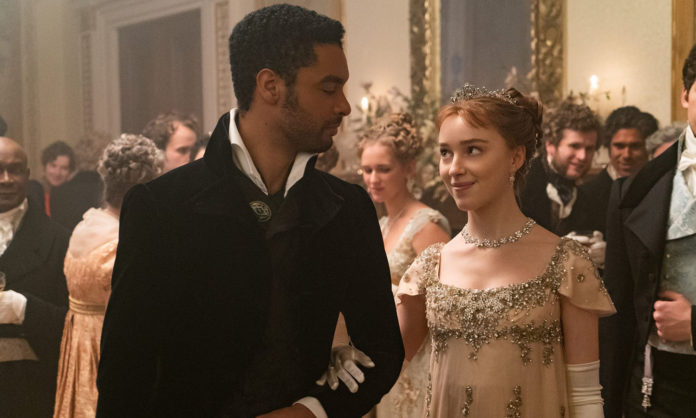In an article for Writer’s Digest, Elizabeth Everett discusses historical anachronisms in romance. “History is dirty,” she says. “However, when I am reading a romance, I don’t want dirty. Hence the conundrum.”
In historical romance, for example, few readers want to engage with a romantic lead who is three times the heroine’s age and has one-quarter the number of teeth. That might be historically accurate, but it’s a romantic bummer. Not to mention the limited availability of dukes in Regency England.
A strict adherence to historical accuracy also might make your novel seem bland. Modern readers want to read about characters of diverse backgrounds. There’s nothing wrong with taking a few liberties with actual history to brighten up your story.
Further, while many writers and readers would insist that England had no people of color or gays or lesbians 500 years ago, that simply isn’t the case. While there’s a fine line between wishful anachronism and creative license, you can be sure that feminism existed in the Elizabethan era, even if it wasn’t called that. There were likely non-white people at court, even if they weren’t recognized as such, as well as gays and lesbians who lived long happy lives, even if they were hidden.
“History, we all know, is written from a point of view,” Everett says. “I would go so far as to say that history becomes fiction the moment a pen touched paper to record an event.” The person who writes the history is who chooses the characters and events. Even when unintentional, gatekeeping occurs. The writer documents what he (it’s mostly he) believes is important. The concerns of women, non-white people, and sexual nonconformists rarely make the cut.
Does your historical fiction include characters someone might consider “unbelievable” because of their attitude or status? Does your portrayal of a real-life person from history go against the grain of what we’re taught? “In my opinion, it is far more important when you are reading a period romance to ask if the author has given you a believable physical, social, and cultural context in which these characters play out their lives,” Everett writes. “Can you see them set in that historical period, and are they living full lives?”












